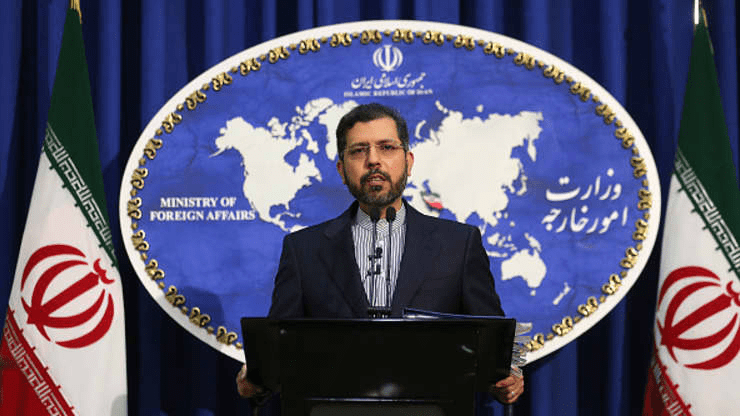The U.S. and Iran are ramping up efforts to resolve a nuclear standoff that has global oil markets on edge and experts skeptical of success. “It’s crunch time for these negotiations,” Helima Croft, global head of commodities strategy at RBC Capital Markets told CNBC’s Hadley Gamble on Tuesday, as representatives gathered in Vienna, Austria for “indirect talks” aimed at bringing both countries back into compliance with the 2015 nuclear deal.

While the talks are the most significant step forward yet in efforts to revive the deal, neither side expects a major breakthrough. Iranian officials want the U.S. to end Trump-era economic sanctions before returning to compliance — a concession Washington seems unwilling to accept. “I don’t think we can expect very much,” Albert Wolf, an associate fellow at the Johns Hopkins School of Advanced International Studies, told CNBC on Tuesday.
Skepticism over the talks was compounded by reports that European officials would act as intermediaries between the U.S. and Iran, rather than both sides meeting face-to-face to discuss the issues. Others, including the former U.S. Energy Secretary Ernest Moniz, have said time is running out for the U.S. to engage in meaningful diplomacy. Iranian elections in June are widely expected to bring in a more hardline political leadership, following years of economic suffering brought on by Trump administration sanctions following Washington’s withdrawal from the deal in May 2018.
One of OPEC’s largest oil producers, Iran’s exports were slashed in the years following the U.S. withdrawal from the Joint Comprehensive Plan of Action. A return to the deal and the lifting of U.S. sanctions on Iranian crude could significantly impact oil market dynamics. Croft said “significant movement” in the talks would raise the prospect of large quantities of Iran oil returning to the global market.
Iranian crude production has seen a marked increase in recent months, reaching 2.14 million barrels per day in February, according to S&P Global Platts — “a 190,000 b/d increase from a 33-year low of 1.95 million b/d in August,” the firm reported. The boost comes as Tehran ups its oil shipments to China in defiance of Washington, a venture made possible with the help of anti-detection methods like turning off its ships’ transponders or AIS — Automatic Identification System — a technique that’s led their vessels to be referred to as “ghost ships.”
Oil prices hang in the balance ahead of Iran nuclear talks, but experts don’t expect a breakthrough, CNBC, Apr 6